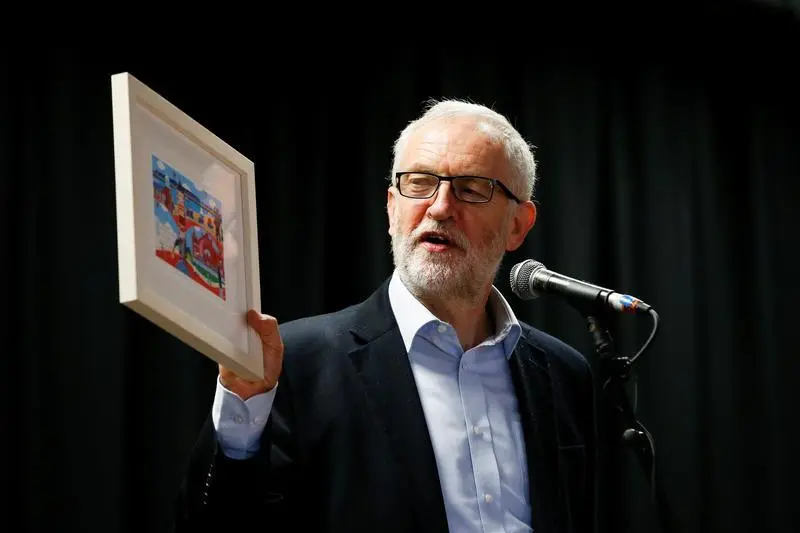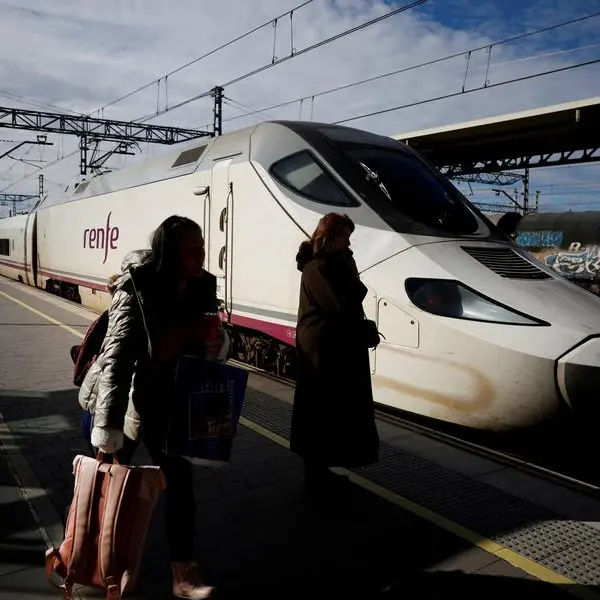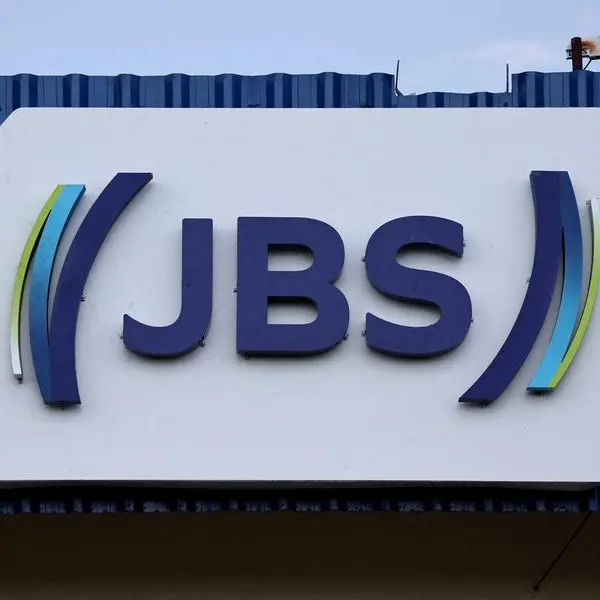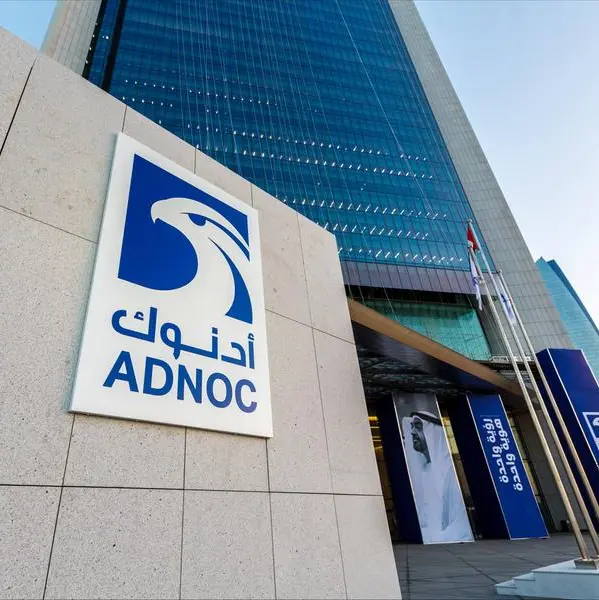PHOTO
LONDON (Reuters Breakingviews) - “British Broadband” is a catchy alliterative title, but that’s about all. The opposition Labour party on Thursday announced it wants to nationalise telecoms provider BT’s network in order to give everyone speedy fibre connections. State ownership might fix the country’s lagging communications infrastructure. But the promise of free web surfing risks condemning the idea to previous failed experiments in public ownership like British Coal or carmaker British Leyland.
Labour leader Jeremy Corbyn’s proposal drags Britain’s relatively poor levels of connectivity into the heart of the Dec. 12 election. BT’s fibre network currently reaches just 1.6 million homes, 9% of the total and way behind Spain and France. The company could crank up investment, but needs to provide a return to shareholders. Nationalising BT’s Openreach network would allow the state to complete the task.
That’s an expensive proposition, though. Openreach earned 2.4 billion pounds of EBITDA in the year to March. Valued at the 5 times multiple investors currently attach to the whole of BT, buying it back might cost taxpayers 12 billion pounds. Labour reckons extending the fibre network to 18 million homes would cost an additional 20 billion pounds. BT Chief Executive Philip Jansen says the bill would be twice as high.
But Labour is taking the idea further by promising to provide fibre broadband to the entire population free of charge. That cranks up the costs. Labour estimates the cost of running the fibre network at just 230 million pounds a year. Fibre is cheaper to maintain than old copper networks but that’s still hard to square with Openreach’s annual operating expenses of about 2.6 billion pounds.
To pay for the giveaway, Labour wants to tax multinationals like Amazon according to their presence in the United Kingdom, rather than on the earnings they report locally. How much this would raise is unclear. So is the question of compensating rival UK broadband providers like Liberty Global and Comcast-owned Sky, whose businesses would presumably be wiped out.
Opinion polls suggest Labour’s chances of forming a government that could implement the plan are slim. This helps explain the less than 2% drop in BT shares on Friday morning. British politics could do with a healthy debate about its broadband needs. Unfortunately, the unbaked idea of free internet for all undermines that discussion.
CONTEXT NEWS
- Britain’s opposition Labour party said on Nov. 14 it would nationalise telecoms provider BT’s fixed-line network to provide free full-fibre broadband for all if it wins a Dec. 12 election.
- Labour said it would nationalise Openreach, which operates the digital network arm of the UK’s biggest broadband and mobile phone provider, as well as parts of BT Technology, BT Enterprise and BT Consumer.
- Labour said the newly created British broadband would be funded by taxes on technology firms such as Alphabet’s Google, Amazon and Facebook.
- Labour said the cost of nationalising BT would be set by parliament. BT Chief Executive Philip Jansen said the total cost of the fibre rollout and free broadband access would be “not short of 100 billion pounds”.
- Shares in BT initially fell as much as 3.6% to 188 pence on Nov. 15. By 0930 GMT, they had erased those losses.
(Editing by Peter Thal Larsen and Karen Kwok)
© Reuters News 2019





















